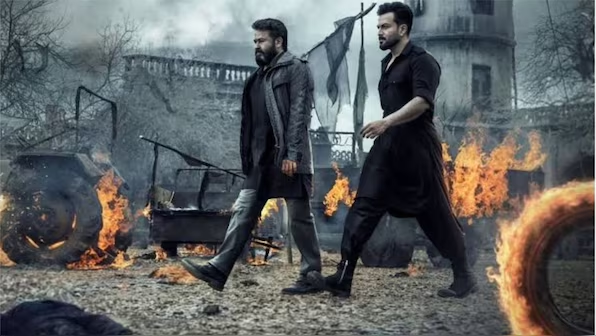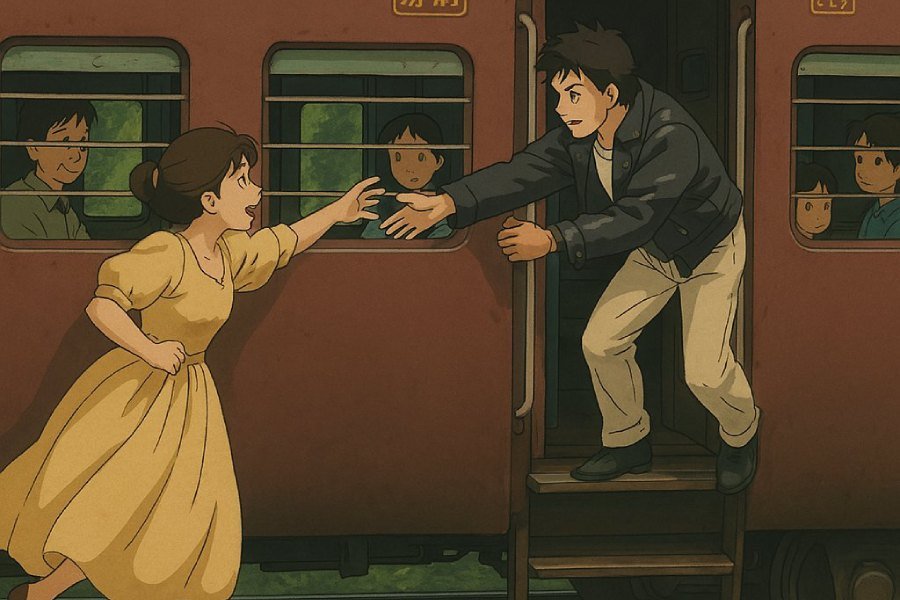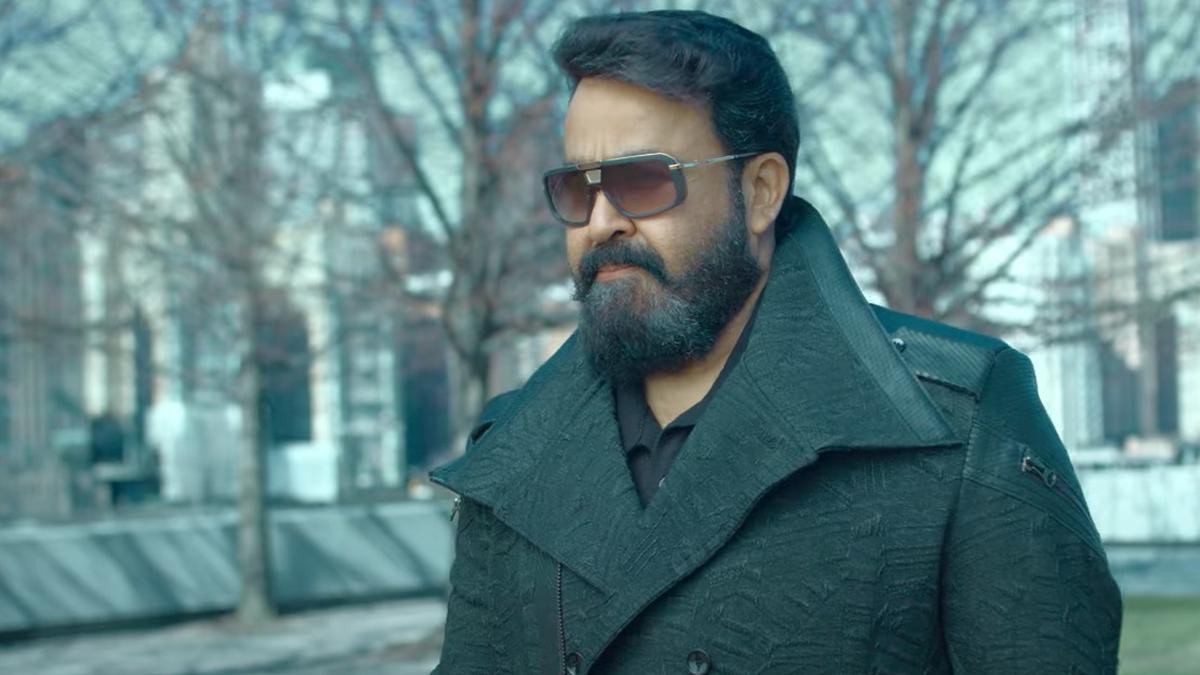The farther a film deviates from movie violence, the more violent it becomes. Violence in movies insulates. It titillates, thrills, and soothes. It gives viewers comfort in knowing that what they are witnessing is not genuine and should not be taken too seriously. More force is conveyed by a realistic blow to the face than by a hero launching six bodies into the air. Movie violence does not aim to shock or upset you or serve as a reminder of real-life violence.
The burning of a train compartment carrying Hindu passengers in 2002, as had occurred in Godhra, Gujarat that year, is depicted in the opening titles of Prithviraj Sukumaran’s L2: Empuraan, a follow-up to his 2019 film Lucifer. The ensuing scene depicts the brutal retaliation as Hindu mobs go on the rampage. Although it features the typical elements of Indian film violence—a vehicle smashing through a fence, thugs brandishing swords, speed ramping, and burning objects—the goal is to challenge and confront history.
A Hindu landowner offers refuge to a group of Muslims, who are thereafter cruelly slaughtered by ambush, sexual assault, burning alive, and other means. The name of the main perpetrator, Baba Bajrangi (one of the real defendants was Bajrang Dal leader Babu Bajrangi), makes allusion to the Naroda Patiya massacre, which claimed the lives of 97 Muslims in a single day.
This is a very surprising, intense, and distressing scene in a mainstream action movie. In an increasingly right-leaning Indian film industry, there have been very few frank revisitations of the Gujarat riots. After this, even Empuraan backs off a little, but it still makes one important point. Bajrangi (Abhimanyu Singh) has turned into a political kingmaker in the movie’s present day, having a direct line to an unidentified Home Minister. Munna (Sukant Goel), his main murderous collaborator, is currently a politician. The leaders of today are yesterday’s rioters.
Six years have passed since the events of Lucifer when Empuraan begins. The reluctant savior of the Indian Union Front party, Stephen Nedumpally (Mohanlal), is actually Khureshi-Ab’raam, the leader of a global criminal organization, who is still at large. The young leader of the IUF and the chief minister of Kerala, Jathin Ramdas (Tovino Thomas), wants to leave the shadow of his late father. With the help of Bajrangi, whose group, the RSS-like “Akhanda Shakti Morcha,” is attempting to gain traction in Kerala, he takes a drastic step and forms his own party. Indrajith Sukumaran’s character, journalist Govardhan, is still searching the dark web for answers on Stephen’s mysterious nature. Oh, and the MI6 is pursuing Ab’raam alongside the Kabuga cartel under the leadership of Jerome Flynn, the Blackwater’s Ser Bronn.
Empuraan moves in a more structured manner than the bloated, nearly unintelligible Pushpa 2, alternating between the multiple Kerala narratives and Ab’raam’s international antics. At the heart of the movie, Mohanlal is an unstable character who keeps vanishing and resurfacing, and Prithviraj feels compelled to give him a lavish entrance scene each time. Indrajith’s jittery reporter performance is a rehashing of the first movie, while Nyla Usha’s newscaster makes a reappearance but essentially does nothing. Jathin is also uninteresting; his rightward move appears to be more of a political ploy than a philosophical conviction. A dam that simply sits there like Chekhov’s pistol is in danger.
In author Murali Gopy’s dreadful vision of Kerala, the Sangh obtains power with foreign help, the left is weak, and the center is unable to hold. If Jathin in the first movie resembled Rahul Gandhi, this time the IUF-INC connection is made through the story of Priyadarshini (Manju Warrier), a combination of Gandhi family women who takes on party duties after evading them throughout her life and turns out to be more skilled than everyone anticipated. The members of the Akhanda Shakti Morcha are organized, primarily speak Hindi, thuggish, and have ties to Delhi. The movie portrays Kerala as ripe for the picking, which is sobering even when they are prevented.












